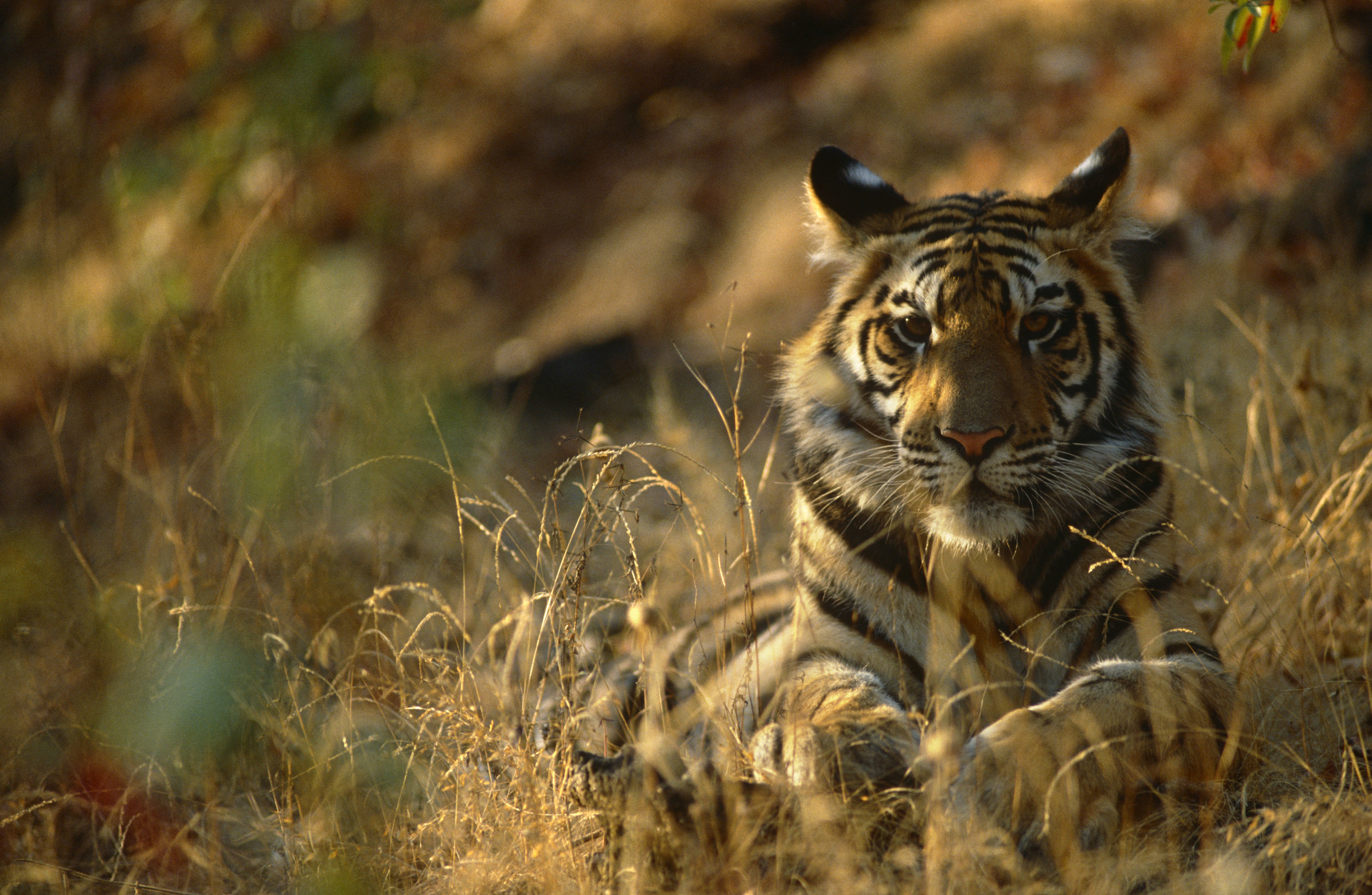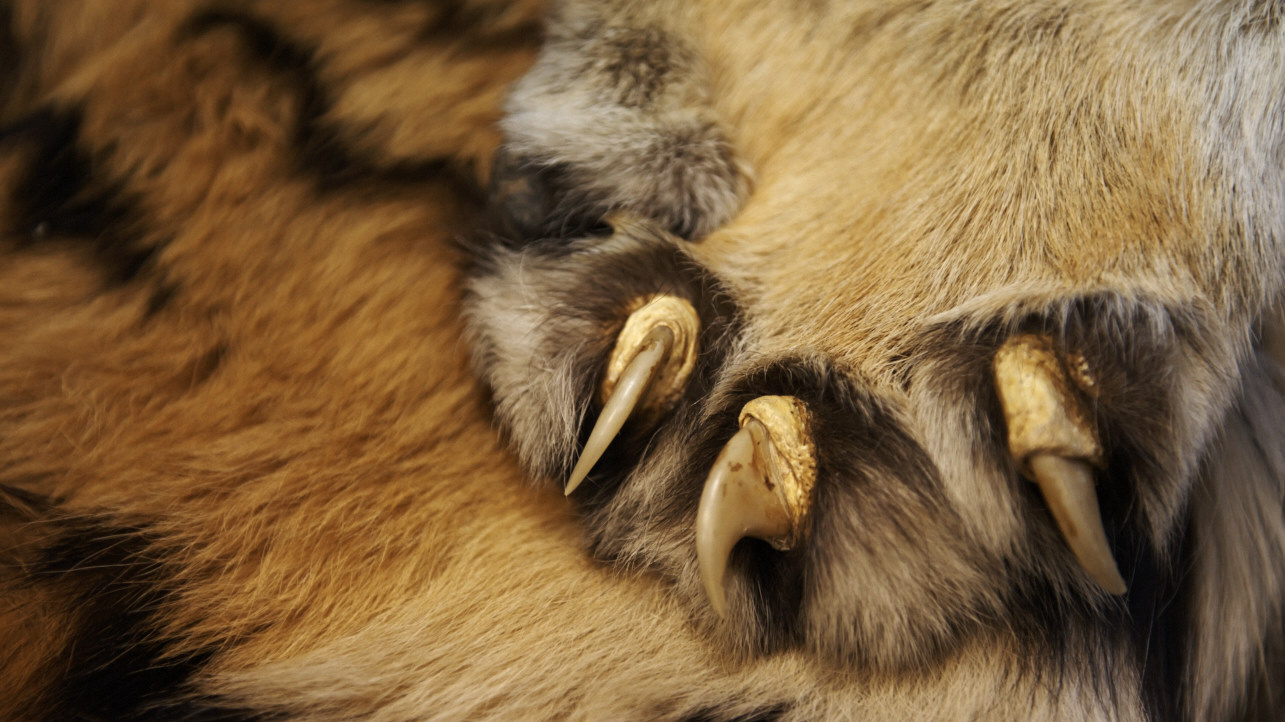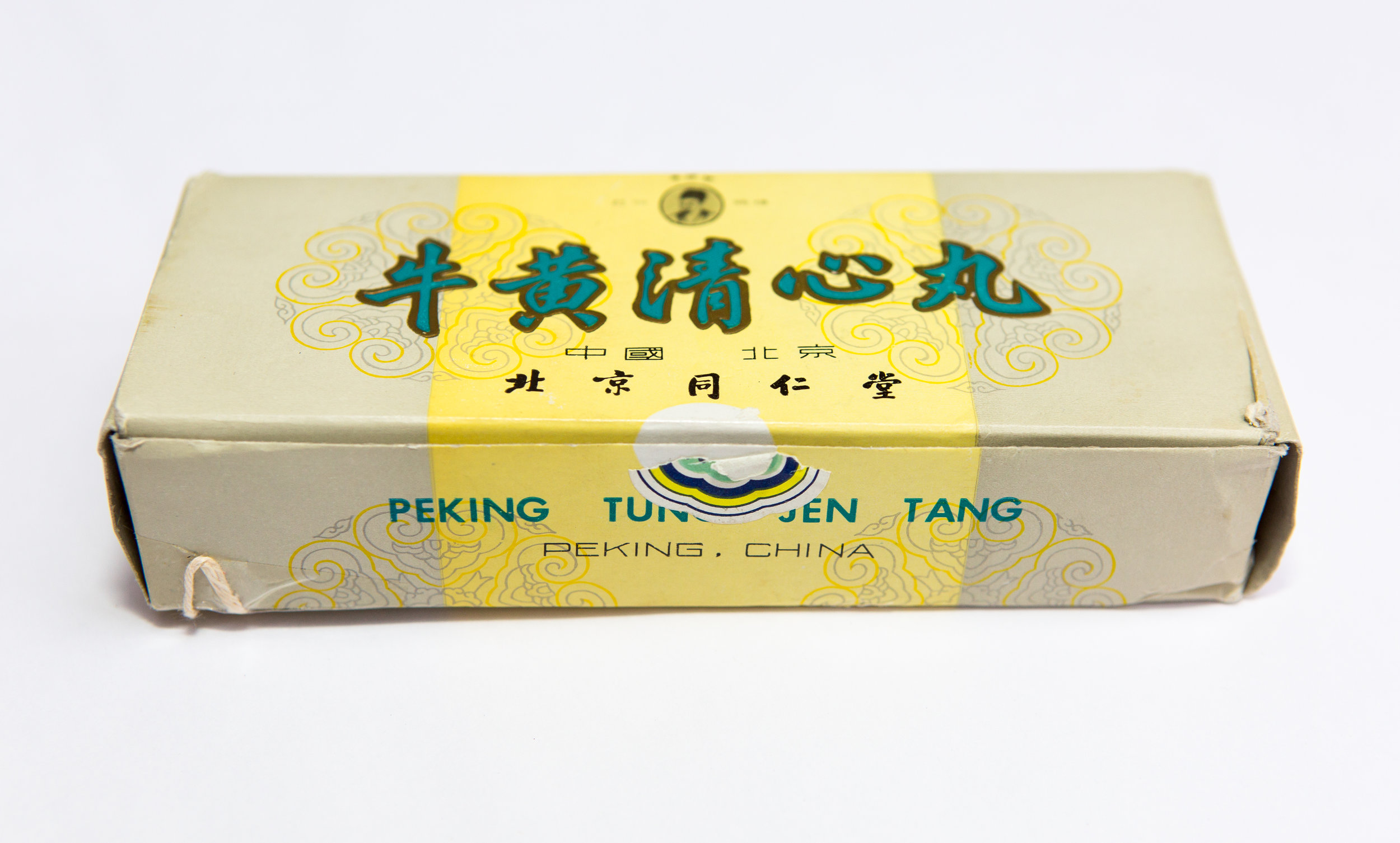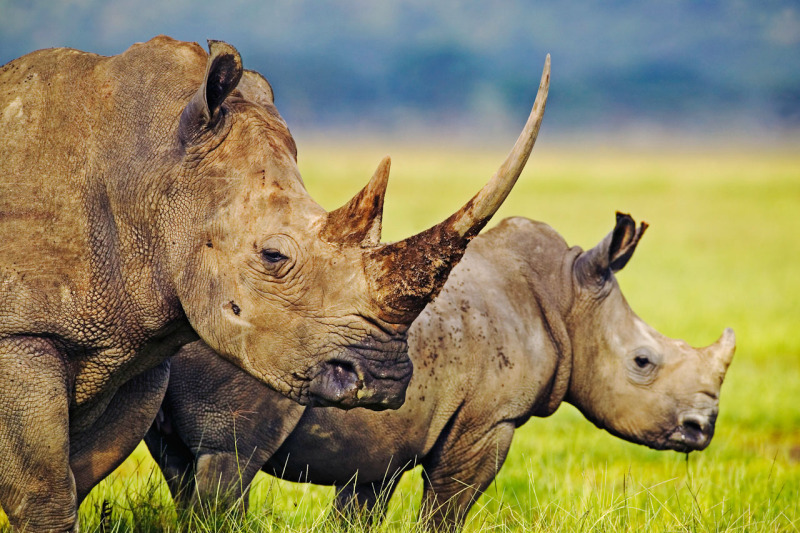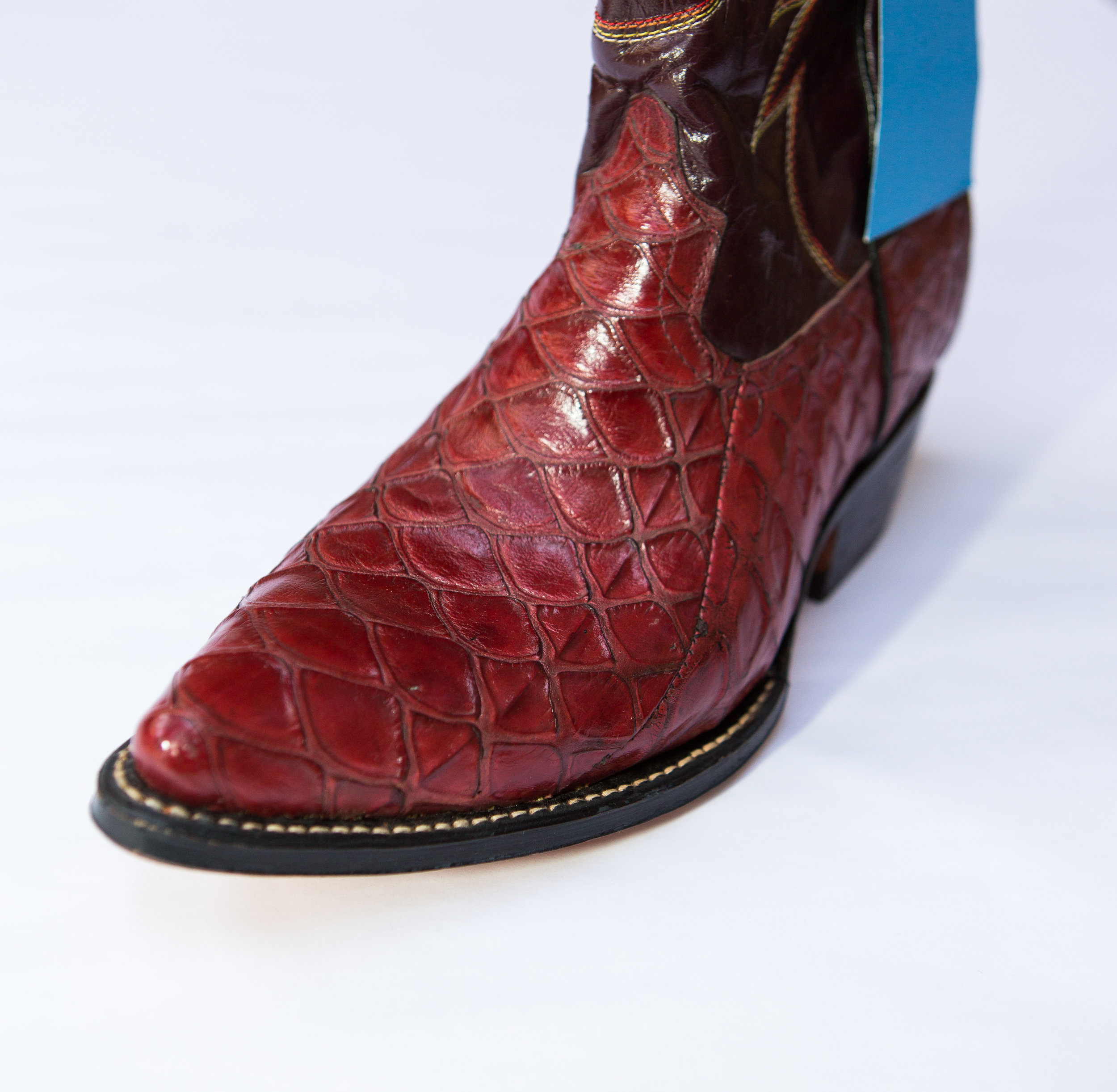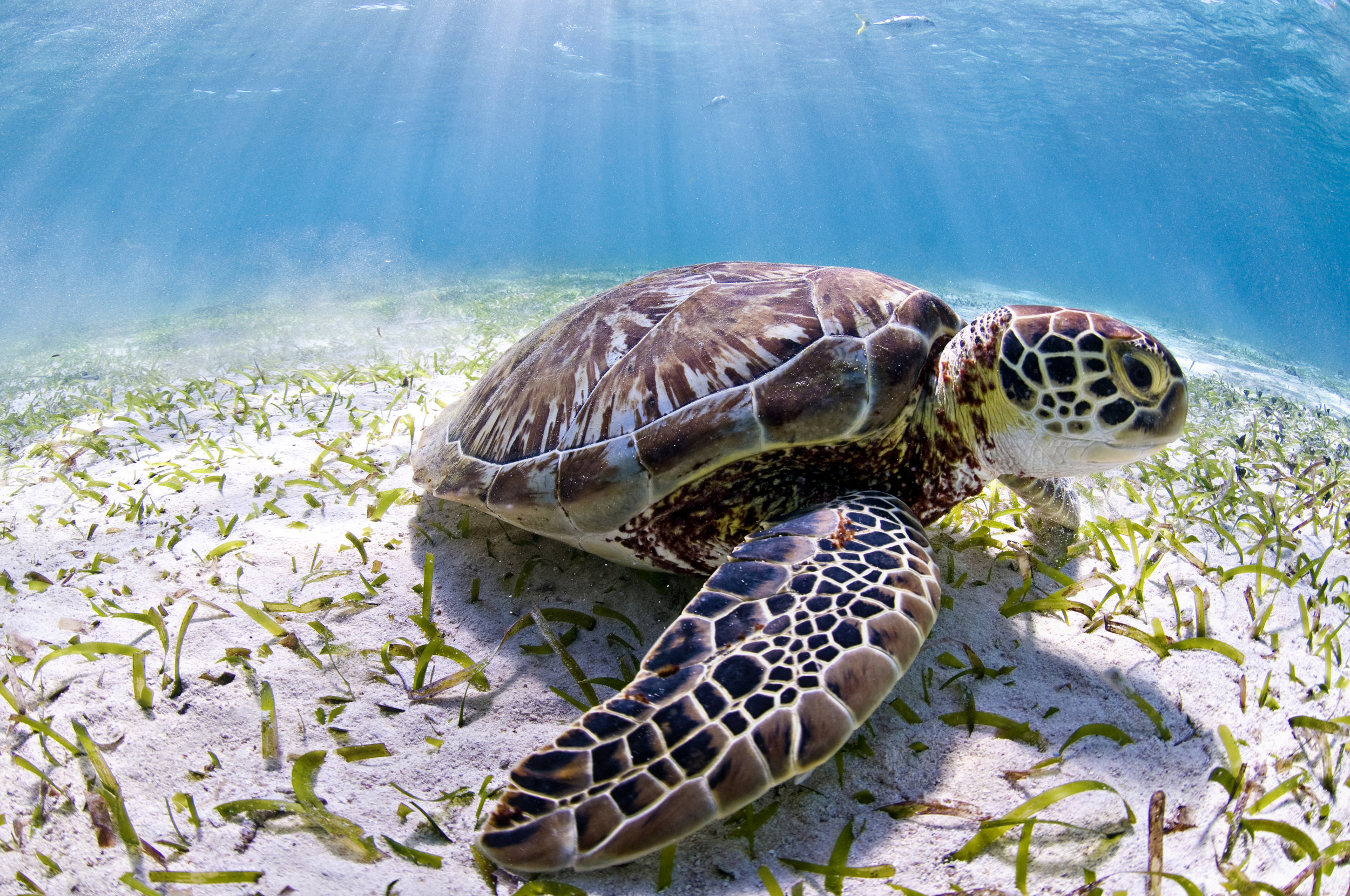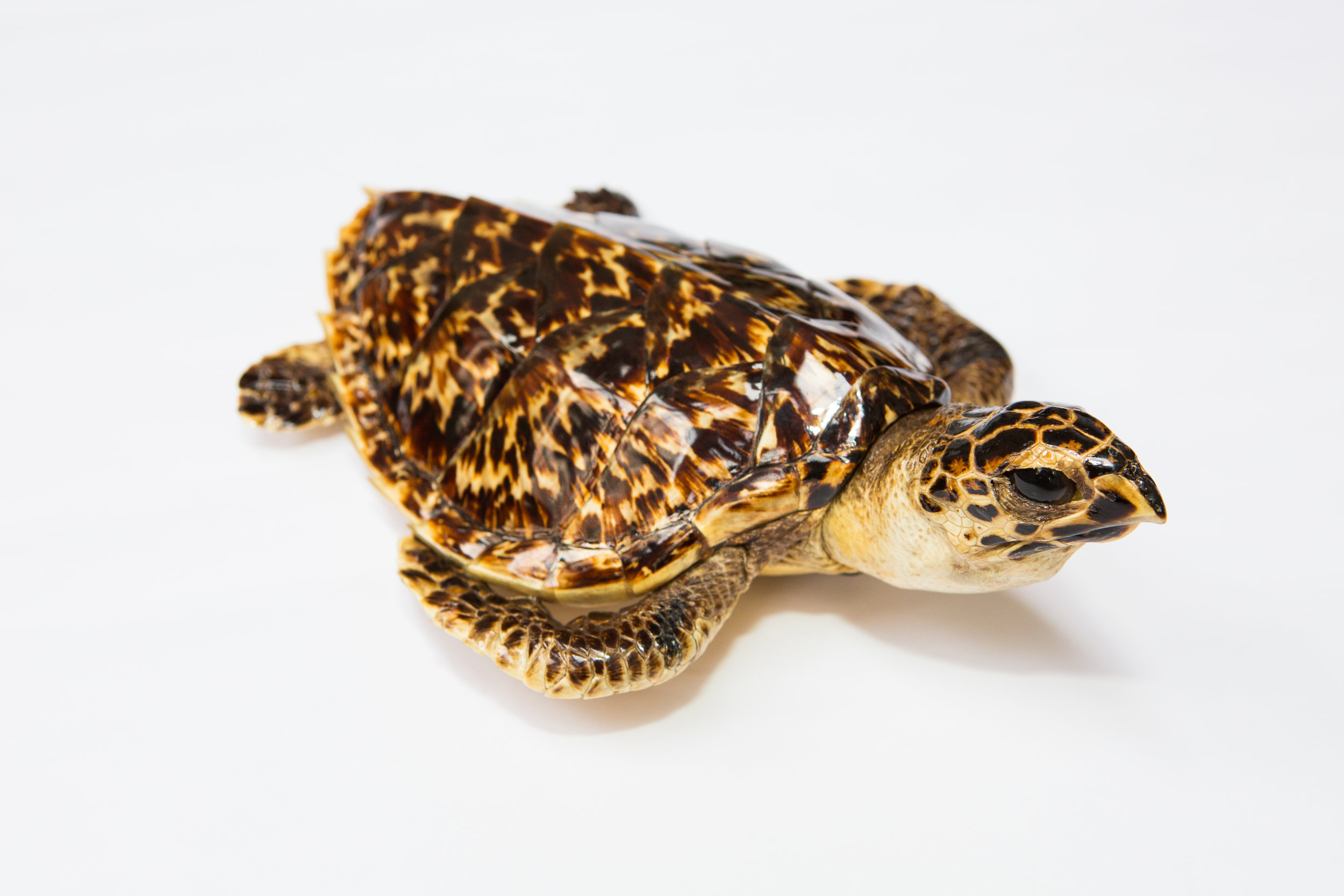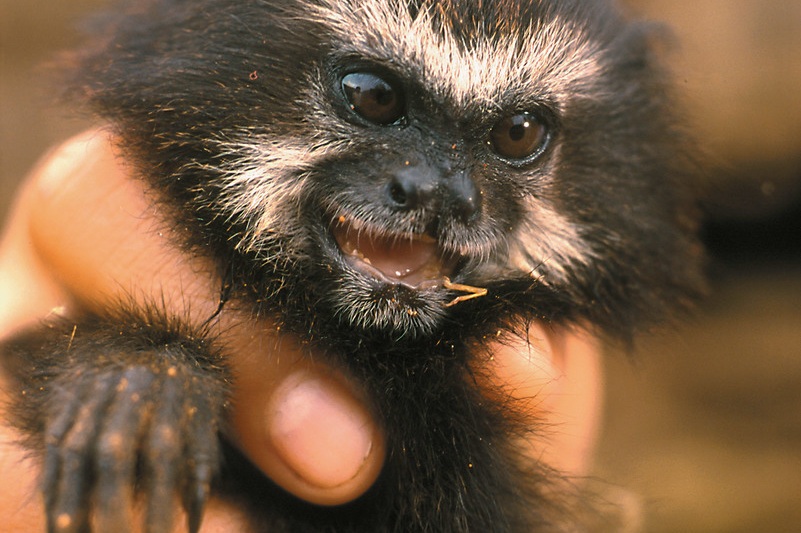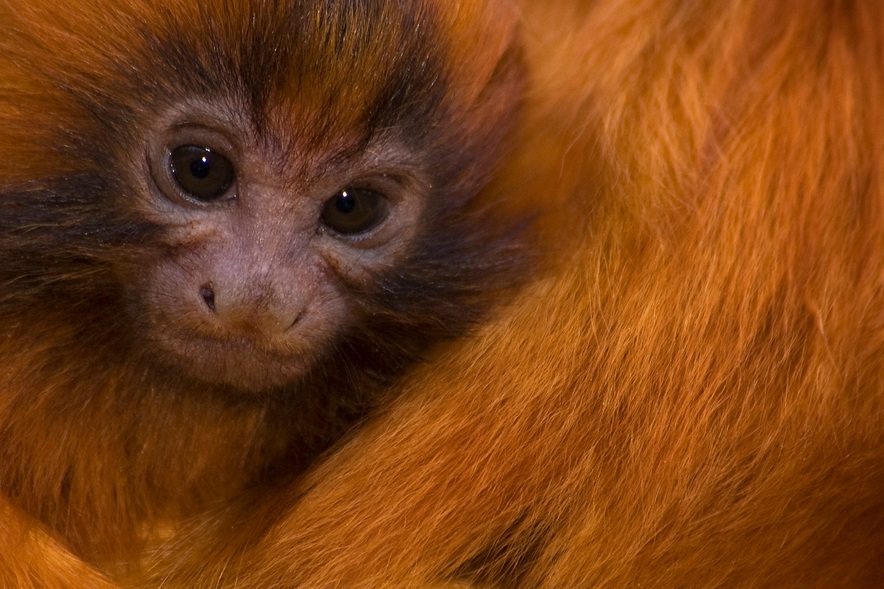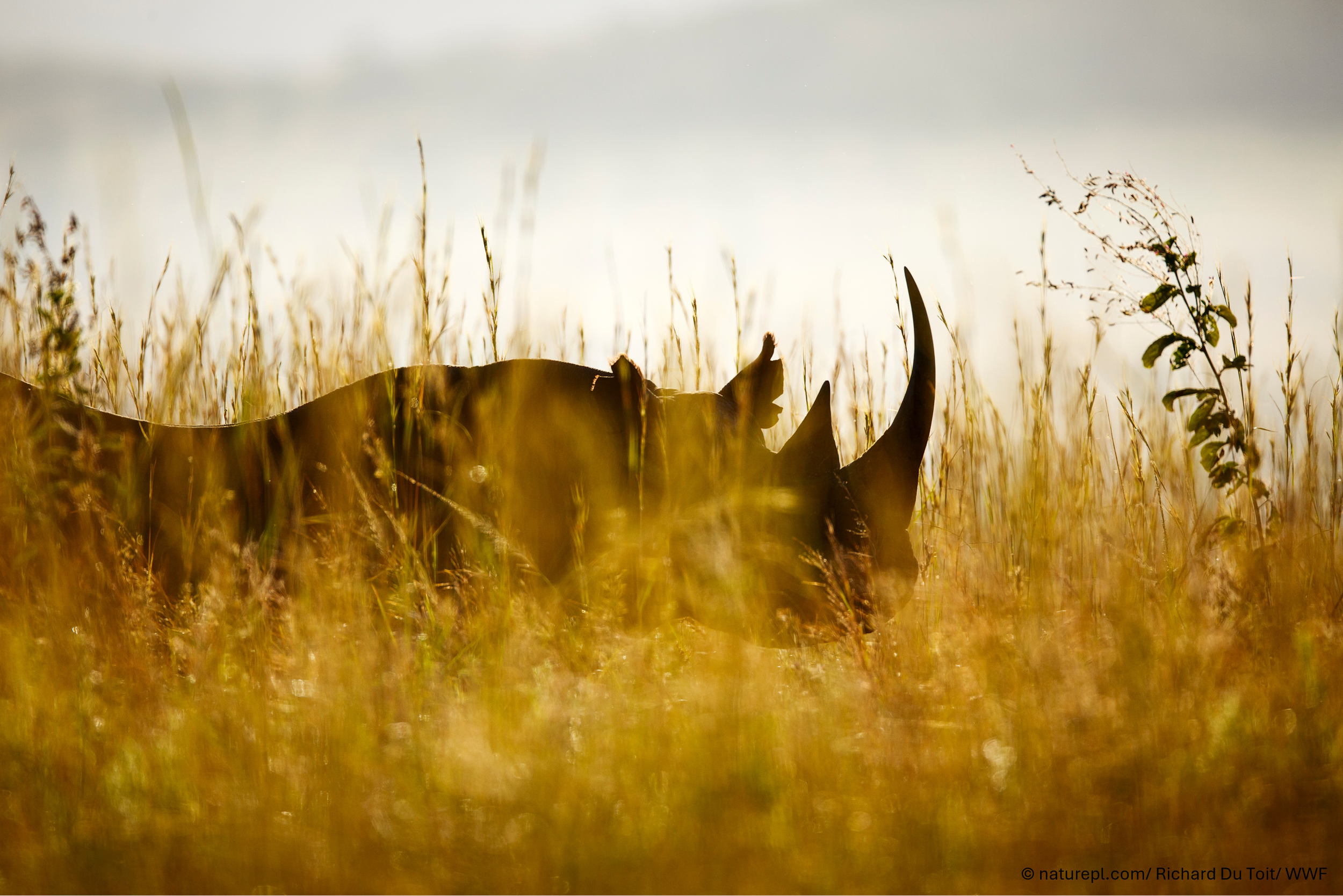
The Coalition to End Wildlife Trafficking Online
Uniting the tech sector to keep endangered species #OfflineAndInTheWild
The world's most endangered species are under threat from an unsuspecting source: the Internet.
Advances in technology and connectivity across the world, combined with rising buying power and demand for illegal wildlife and their products, have increased the ease of exchange from poacher to consumer. As a result, a largely unregulated online market allows criminals to sell illegally obtained wildlife and their products across the globe. Purchasing elephant ivory, tiger cubs, and pangolin scales is as easy as tap, pay, ship.
Fortunately, dozens of companies comprising 50+ of the world’s most popular digital apps and platforms have joined forces to shut down online marketplaces for wildlife traffickers. The Coalition to End Wildlife Trafficking Online brings together companies from across the world in partnership with conservation organizations WWF, TRAFFIC, and IFAW for an industry-wide approach.
This collaboration aims to unite the tech industry to standardize prohibited wildlife policies, train staff to better detect prohibited wildlife, enhance automated detection filters, and educate and empower users to report suspicious listings. At the core of this effort is sharing learning and best practices to avoid duplication and prevent wildlife traffickers from shifting activities from one platform to the next. The Coalition aims to complement additional approaches, such as those of law enforcement agencies
Wildlife Parts & Products
Elephants
More than 15,000 African elephants are killed each year to meet the demand for ivory trinkets and ornamental objects.
Tigers
Around 5,574 tigers are estimated to remain the wild. Tigers are trafficked as live cubs, furs, claws and teeth for amulets, and bones to be used in traditional medicines.
Rhinos
Around three rhinos are killed each day in South Africa alone for their horns for use in tonics and aphrodisiacs as well as carved ornamental cups.
Pangolins
An estimated 195,000 pangolins were trafficked in 2019 for their scales alone, with an estimated 1 million poached over a ten-year period.
Marine Turtles
Marine turtles are trafficked online for products made from their shells such as hair combs and leather products such as boots.
Live Animals
Live animals such as primates, reptiles, and birds are illegally taken from the wild and traded as pets.



